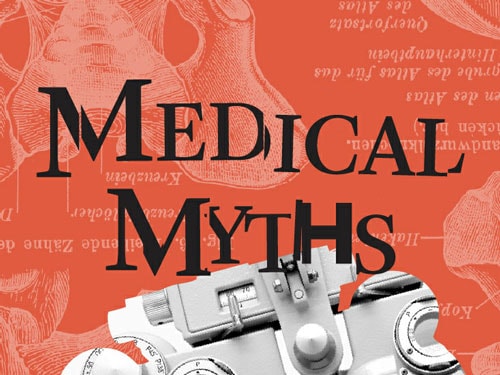Of all the modern medical interventions we have at our disposal, few have been victim to as much falsehood as vaccines. As the world battles a pandemic, stripping the truth from the lies is more urgent than ever.
According to the World Health Organization (WHO), between 2010 and 2015, vaccines prevented an estimated 10 million deaths.
Scientists have worked tirelessly to create safe and effective vaccines to protect us against SARS-CoV-2. Now, as many governments roll out Covid-19 vaccines, scientists and medical experts are facing a new challenge: misinformation and associated vaccine hesitancy.
Some anti-vaxxers — individuals who believe vaccines cause a range of medical ills — dedicate their entire lives to railing against vaccines. In reality, vaccines have saved lives of millions of people.
Vaccine hesitancy is nothing new and, in many ways, perfectly reasonable. For instance, misinformation about the vaccines’ safety and potential effects on the body is rife on the internet. Also, the Covid-19 vaccines were developed unusually swiftly and use relatively new technology.
In this article, we will tackle these concerns head-on. Stay informed with live updates on the current Covid-19 outbreak and visit our coronavirus hub for more advice on prevention and treatment.
Today, a significant percentage of the United States population, and the world at large, are nervous to take a shot that could save their lives. In this article, we tackle some of the most common myths associated with the Covid-19 vaccines. Although it will not convince dyed-in-the-wool anti-vaxxers, we hope that this information will prove useful for those who are hesitant.
It is true that scientists developed the Covid-19 vaccines faster than any other vaccine to date — under 1 year. The previous record breaker was the mumps vaccine, which was developed in 4 years. There are a number of reasons the Covid-19 vaccines were developed more quickly, none of which reduces its safety profile.
For instance, scientists were not starting from scratch. Although SARS-CoV-2 was new to science, researchers have been studying coronaviruses for decades.
Also, because Covid-19 has touched every continent on earth, the process of vaccine development involved an unprecedented worldwide collaboration.










